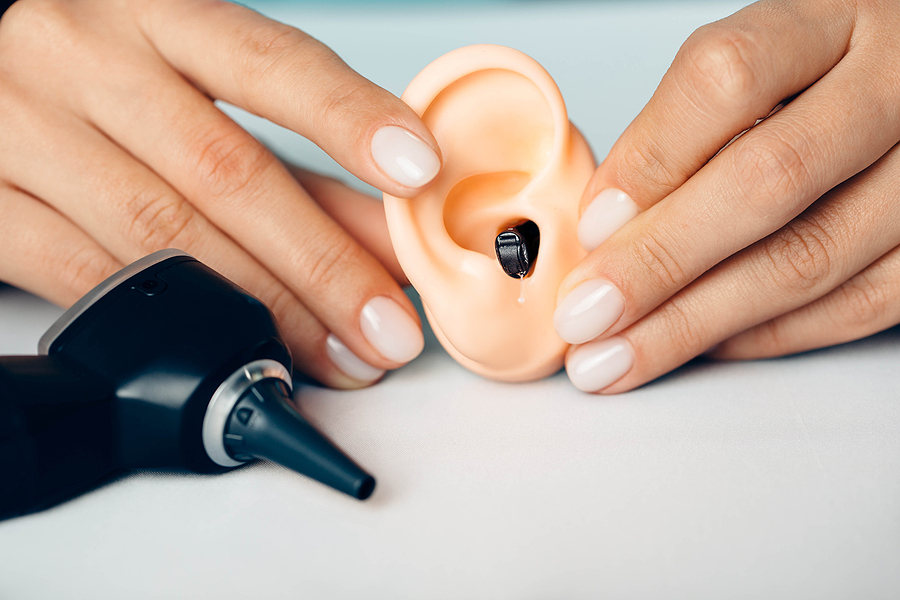Why I Welcome the Grumpy Gus
Return to Blog

Why I Welcome the Grumpy Gus
It’s the whisper that gets passed slowly from the front of the office to the back and eventually landing at my door with a, “Good luck with this next patient. He’s grumpy.”
Oh, the weight of that statement. It just oozes a sentiment of rejection and futility for the patient and the situation. But, here’s a secret — I love these “grumpy” patients. The ones that come across as slightly combative, untrusting, a little loud, a little puffed up; I love them — my staff, not so much, but me, I love them. I genuinely look forward to these appointments with an earnestness that others might find odd but stick with me — you’ll see why.
What others might see as a Grumpy Gus, someone that is just a “not nice,” person, as my 4-year old son would say, I see a person that has and is showing real and true feelings about this upcoming appointment; and those feelings are icky and difficult to navigate for most — anxiety, fear, wariness, and worry. Those feelings, when strong enough, tend to prompt a person for action, probably for a fight-or-flight type response that’s primal and not generally necessary in today’s society, but they’re real nonetheless and we often don’t miss them on our radar because those emotions are not made to be ignored. When those emotions are present in my appointments, it means that the person in front of me is close to taking action, potentially making a change in their lives; one that I hope to assist them with for a positive outcome.
Change is ugly. Don’t get me wrong, it’s beautiful to change and then reflect on that change, that’s beautiful; but the actual prompting and action of change — that’s vulnerability at its peak and often is met with resistance because a person has to feel pretty uncomfortable to step outside their typical behavior and make a change – one that they haven’t explored before and are unsure of the end result, but their current situation, the one that led them to make the appointment and walk in my door, requires that they either make that change, or continue to do whatever isn’t working for them and likely continue to be unhappy or dissatisfied.
So, when I see that Grumpy Gus in my office, I know they are ready for a change and it’s my job to help guide them toward a change that they’re hoping to make for themselves (and also probably for their family) all while assisting them to navigate those turbulent emotional seas of anxiety, wariness, fear, and worry with the strongest paddle or oar I have in my arsenal of counseling for my patients. I am humbled and blessed with the opportunity that I get to be the person that talks about the elephant in the room, that acknowledges that whatever feelings my patient might be having about their situation is completely justified, that commiserates with my patient about the loss of whatever self they thought they were before this appointment, that helps them to see that there is hope in their situation, and — AND, that helps them to understand that there still needs to be a change made in order to make an improvement in their lives. I’m here to help with that, even if they come across as a Grumpy Gus.



